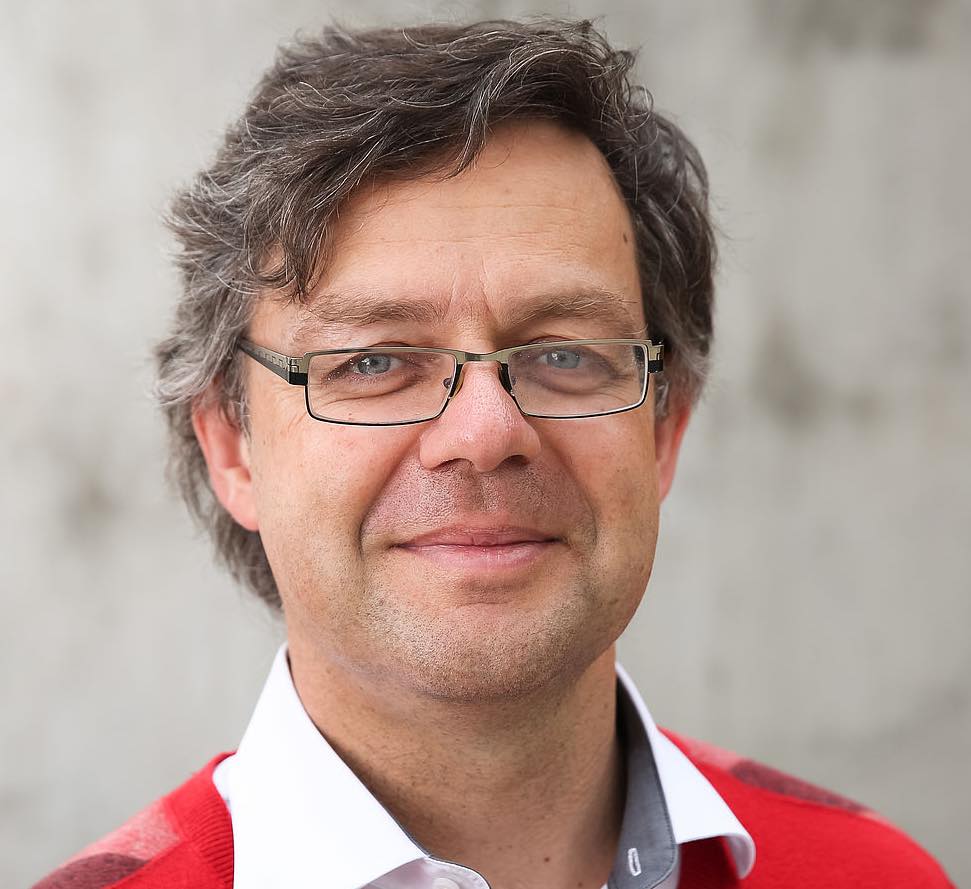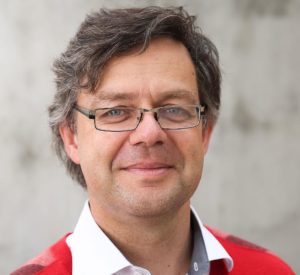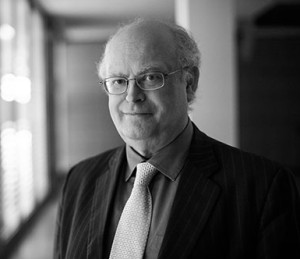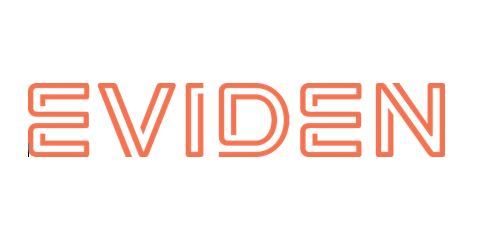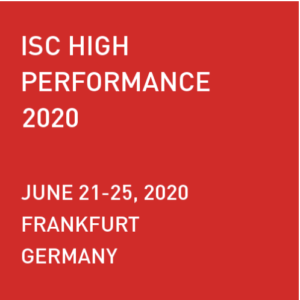 Today ISC 2020 announced that Mattias Troyer and Thomas Sterling will be keynote speakers at the event. With a theme of “Shaping Tomorrow, the conference takes place June 21-25 in Frankfurt, Germany.
Today ISC 2020 announced that Mattias Troyer and Thomas Sterling will be keynote speakers at the event. With a theme of “Shaping Tomorrow, the conference takes place June 21-25 in Frankfurt, Germany.
The Tuesday, June 23 keynote titled Quantum Computing: From Academic Research to Real-World Applications, will be presented by Mattias Troyer, Distinguished Scientist at Microsoft and Vice President of the Aspen Center for Physics, in which he will offer a glimpse into the inner workings of quantum computers. These systems promise to expand the horizons of HPC, providing solutions to otherwise intractable problems in molecular behavior, material design, and cryptography, to name a few.
At Microsoft, Troyer works on quantum architectures and leads the development of applications for quantum computers. He is a Fellow of the American Physical Society and a recipient of both the Rahman Prize for Computational Physics of the American Physical Society and the Hamburg Prize for Theoretical Physics.
During his keynote, Troyer will describe the hardware and software architectures of quantum computers systems and discuss how they differ from classical HPC systems. A key element of his discussion will involve dispelling some of the hype surrounding this technology, while providing a sober assessment of the potential of these devices to solve problems that are impractical to run on traditional hardware.
According to Troyer, that potential is real. By exploiting quantum physics, these machines can outperform classical systems on a variety of applications in areas such as healthcare, chemistry, cybersecurity, and logistics. He believes the most likely scenario will involve using quantum computing devices as accelerators for classical computers, in which the quantum algorithms will be offloaded to these specialized devices.
Troyer will wrap up the keynote by demonstrating how quantum computing is leading to new software approaches for traditional HPC systems. Even without the benefit of quantum hardware, these quantum-inspired techniques are outperforming traditional software on a number of key applications.
The closing keynote on HPC Achievement and Impact – 2020, on Wednesday, June 24 will be delivered by long-time favorite, Prof. Dr. Thomas Sterling of Indiana University. As is his tradition, Sterling, will present his annual retrospective of the most important developments in HPC over the past year, as well as the major trends reshaping the industry.
An icon in the supercomputing community, Thomas Sterling holds the position of Professor of Intelligent Systems Engineering at the Indiana University School of Informatics, Computing, and Engineering. He is also the Chief Scientist and Associate Director of the Center for Research in Extreme Scale Technologies (CREST) and has engaged in applied research in fields associated with parallel computing system structures, semantics, and operation in industry, government labs, and academia. Dr. Sterling is perhaps best known as the “father of Beowulf” for his pioneering research in Linux cluster computing. He was awarded the Gordon Bell Prize in 1997 with his collaborators for this work.
Sterling’s closing address this year promises to be more wide-ranging than his usual retrospective, as he traces the intersection of long-term trends involving the diminishing prospects of Moore’s Law, the lengthening lifetimes systems, the consolidation of the HPC market, and the ascent of machine learning. He will also touch on emerging technologies, such as quantum and neuromorphic computing and what they represent in the rapidly changing landscape of high performance computing.
Focusing on more immediate concerns, Sterling will offer his perspective on the final sprint to exascale computing, a race which will almost certainly be decided in the next year or two, or conceivably, even by the time this keynote is delivered. All of these topics and more will be woven together with Sterling’s usual wit and wisdom, promising to engage and entertain all those who attend.

